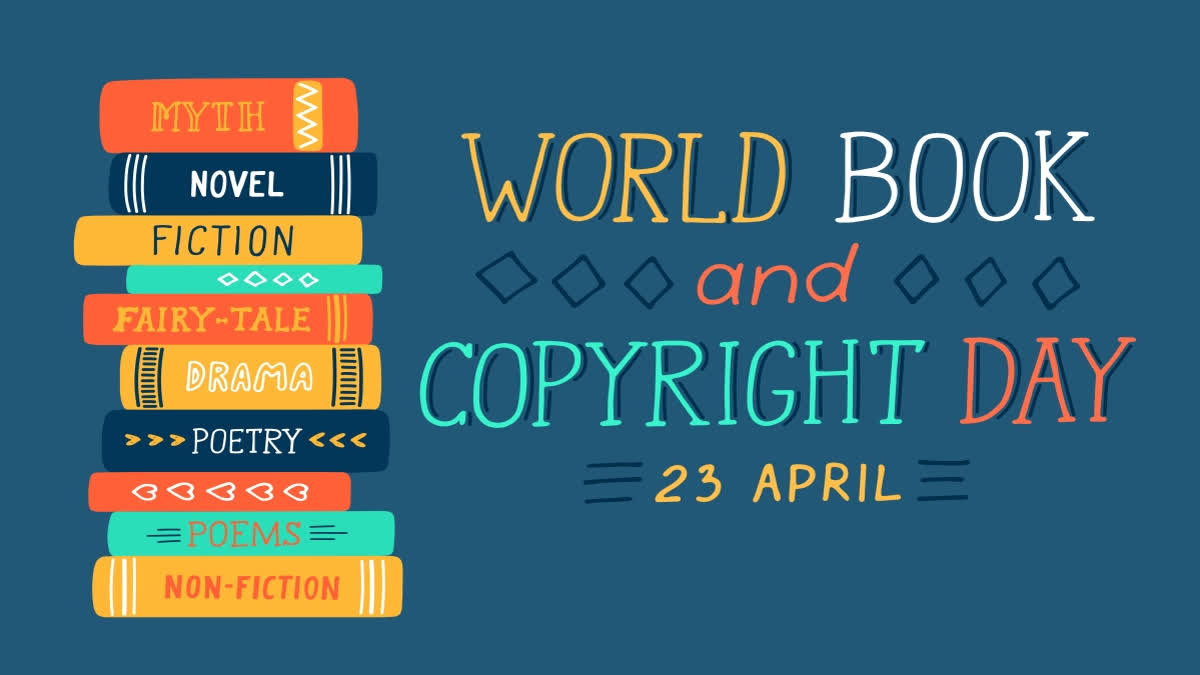
Hyderabad: Every year World Book and Copyright Day is celebrated on April 23 and it is also known as ‘World Book Day’. The day is celebrated by the United Nations Educational Scientific and Cultural Organisation (UNESCO) and other related organisations across the world to honour authors, and books, and to promote the art of reading.
Copyright is a legal concept enacted by most governments, giving authors or creators of original work exclusive rights usually for a limited time. It is the right to copy. It also gives the copyright holder the right to be credited for the work and other related rights. So it is an intellectual property form.
The focus of World Book and Copyright Day is on literature and reading and it particularly emphasises the importance of enhancing and protecting indigenous languages.
History of World Book and Copyright Day:
UNESCO selected April 23 as World Book Day to pay tribute to great literary figures including William Shakespeare, Miguel Cervantes, and Inca Garcilaso de la Vega, who died on this day. In 1995 this date was finalised by the UNESCO general conference, held in Pairs, to pay tributes to and honour authors and books worldwide. The idea to celebrate a day of books came originally the Catalans Day of Books called Dia del Llibere. Dia del Llibere was celebrated in Catalonia every year on April 23.
Significance of World Book and Copyright Day:
Books are important in our life so we can able to gain knowledge. It is to ensure the culture thrives and spreads joy that this initiative was by UNESCO. The endeavour is to maintain a renewed respect for the irreplaceable contributions of books in our lives and the same time acknowledge the insurmountable contributions of significant writers, and publishers, who have aided the social and cultural progress of humanity. The Day is celebrated to promote the habitat of reading and to make people more aware of the importance of books. World Book and Copyright Day also offers a tribute to great authors and publishers.
What is copyright?
Copyright is a right given by the law to creators of literary, dramatic, musical and artistic works and producers of cinematograph films and sound recordings. It is a bundle of rights including, inter alia, rights of reproduction, communication to the public, adaptation and translation of the work. There could be slight variations in the composition of the rights depending on the work.
Why should copyright be protected?
Copyright ensures certain minimum safeguards of the rights of authors over their creations, thereby protecting and rewarding creativity. Creativity being the keystone of progress, no civilised society can afford to ignore the basic requirement of encouraging the same. The economic and social development of a society is dependent on creativity. The protection provided by copyright to the efforts of writers, artists, designers, dramatists, musicians, architects and producers of sound recordings, cinematograph films and computer software, creates an atmosphere conducive to creativity, which induces them to create more and motivates others to create.
